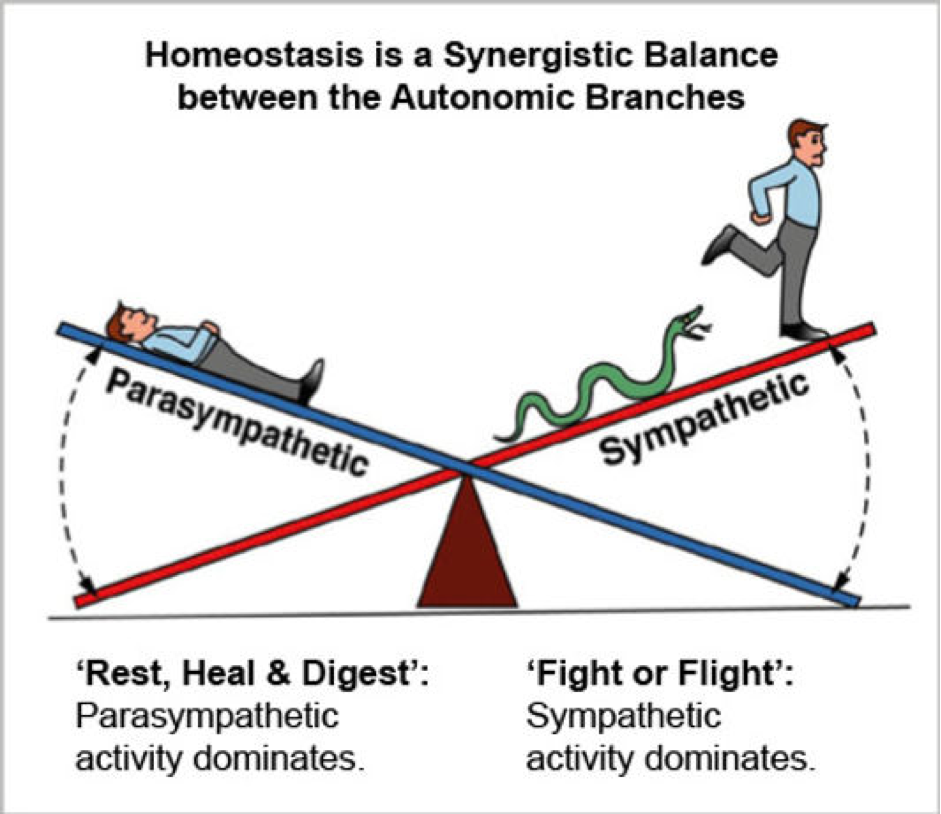Mindfulness For Busy People - Part 1
Posted on 2nd June 2023 at 11:37
What is Mindfulness?
Simply put mindfulness is the practice of moment-to-moment awareness of present events or ‘simply remembering to be aware of something’. This means thinking about the present, what you are doing, what you are feeling, how it is affecting you, how it is serving you.
Mindfulness is a term that has risen to prominence over the last few years but it is not a new concept. Mindfulness has its origins in Buddhism and in it’s purest form represents part of the first stage of liberation.
We focus on the to-do lists, we measure our success in terms of what we have done, we focus on what we have to get done and never take a thought as to what we are doing right here, right now. Too often nowadays we are so consumed in the ‘doing’ that we forget to… ‘be’. One of my favourite quotes I’ve recently heard from Paul Chek is that we have become human ‘doings’ and forgot how to be human ‘beings’. To practice mindfulness is to take responsibility for what you do, to own what you think, how you behave, what you do each and every day.
A fundamental point of mindfulness is non-judgment. Whatever is observed is not labeled as good or bad, it is simply observed and can then be noted and moved to an appropriate place so that it’s effect on your life and state of mind can be one that serves you rather than driving you – often driving your thoughts into a downward, negative spiral.
The most popular ‘brand’ of mindfulness is mindfulness based stress reduction that was developed by John Kabat Zinn in 1979 and in western societies this is by far the most common use of mindfulness. However while mindfulness is marketed as a means to reduce stress, in a Buddhist context it is part of an all-embracing ethical program to foster "wise action, social harmony, and compassion”. I shall return to this concept of the all-embracing program in the final section,
Click on this text to edit it.
On a physiological level mindfulness shifts us into a parasympathetic state, the state that we go into every night during sleep. The parasympathetic nervous system is also called the ‘repair and digest’ nervous system and counters our ‘fight or flight’ nervous system (or the sympathetic nervous system). A balance between the 2 systems is essential for health and vitality. Most people spend 90% of their time in a ‘fight or flight’ state, which causes huge rises in adrenaline and cortisol levels. These are the bodies stress hormones and they tell every cell in the body to get set for a fight. Imagine living every waking hour of the day ready for a fight, it would get pretty exhausting wouldn’t it?

Long term over exposure to the stress hormones generates links to a multitude of illnesses such as:
Cancer
Diabetes
High blood pressure
High cholesterol
Arthritis
Coronary Hearth Disease
Irritable Bowel Syndrome & Diseaase
Chronic Fatigue
MS (Multiple Sclerosis)
ME (Myalgic Encephalomyelitis)
All of the above illnesses (and there are many more that I could have added) are on the rise in our society today.
In Part 2 we’ll discuss the proven benefits of Mindfulness and look at who should, and who shouldn’t practice mindfulness.
Please leave us a comment if you’ve enjoyed the post or if you’d like us to talk about anything else please let us know.
Tagged as: Chronn's Disease, Emotional health, Energy building, Happiness, Health, Holistic Health, IBS, Immunity, sleep, weight loss
Share this post:






